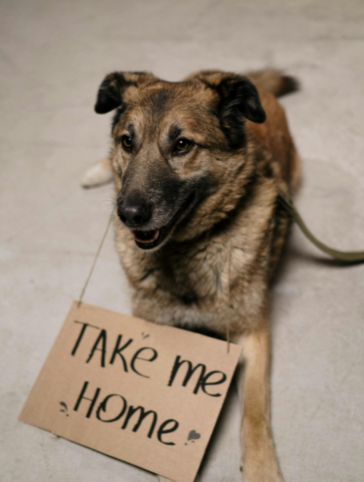
Mar 04, 2025
Six Animal Welfare Organization RisksIs your animal welfare organization overlooking a significant risk? If your employees or volunteers ever use their own vehicles or rented vehicles for work-related tasks, your organization may face liability if they’re involved in a significant accident. Since hired and non-owned auto coverage provides excess coverage to shield your organization from costly lawsuits, it’s an important element of animal welfare insurance.
Hired and non-owned auto insurance provides secondary liability coverage when your workers use vehicles that your company does not own for work-related purposes. Coverage applies to following types of vehicles:
Some organizations assume they don’t need additional auto insurance for vehicles that employees rent or own because these vehicles already have some coverage. For example, when you rent a vehicle, the company you rent it from may provide some auto insurance. Likewise, your employees and volunteers should have personal auto insurance for their vehicles.
However, in these scenarios, how do you know for sure that your organization is protected? Your employee or volunteer may be driving with minimal limits or may have let their coverage lapse last month. If an employee or volunteer is involved in a significant crash while performing work-related tasks, and especially if the underlying policy’s limits are exceeded, your organization may be named in a lawsuit. In addition to having to pay for any damage to the other driver’s car, your organization may be on the hook for medical costs, lost wages, and punitive damages.
There are many scenarios in which an animal welfare organization may need to file a claim against a hired and non-owned auto insurance policy. Consider the following situations. Your organization:
While all coverage is based on each individual organization’s needs and coverage may vary from state to state, hired and non-owned coverage may help shield your organization from unexpected costs.
To determine whether you’re adequately protected, consider the following:
Does your animal welfare insurance package leave dangerous coverage gaps? Tangram’s animal welfare program provides insurance designed for animal welfare organizations. We are your source for pet shelter, animal rescue, and wildlife sanctuary insurance. Learn more.